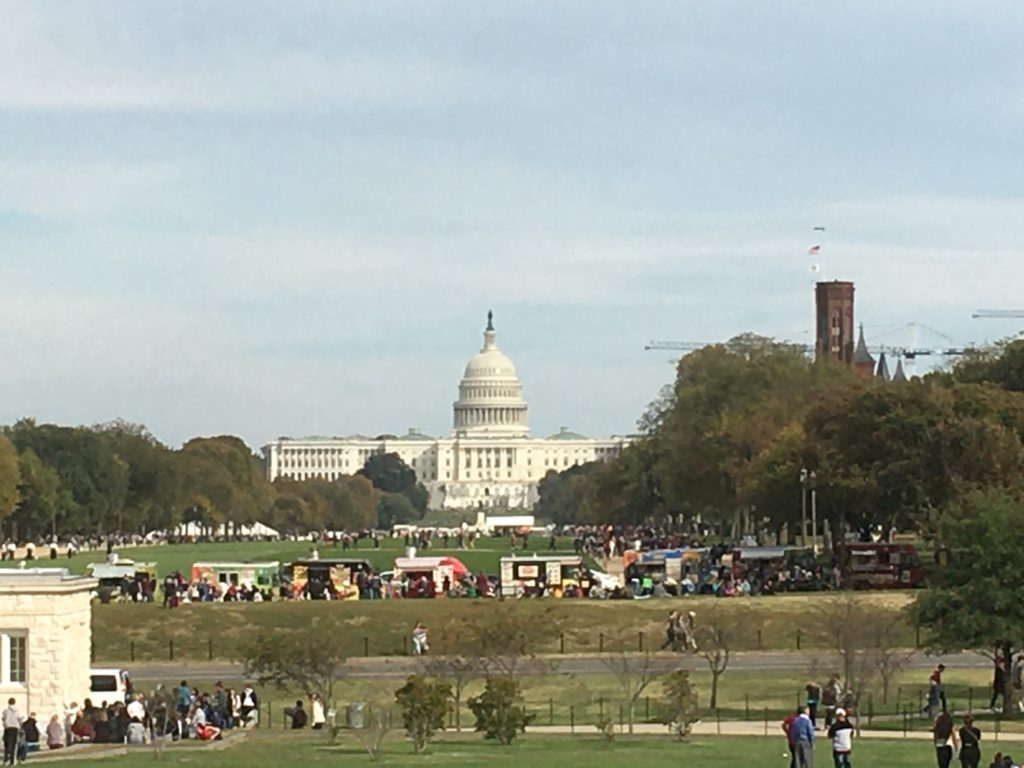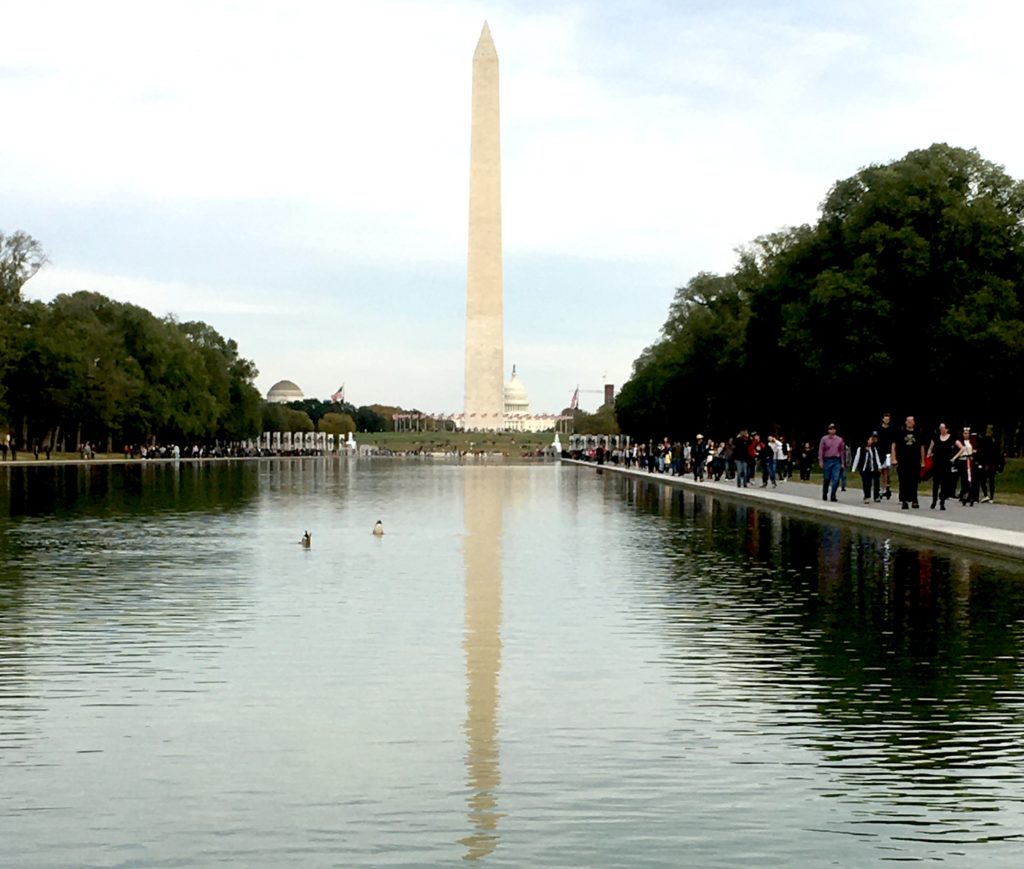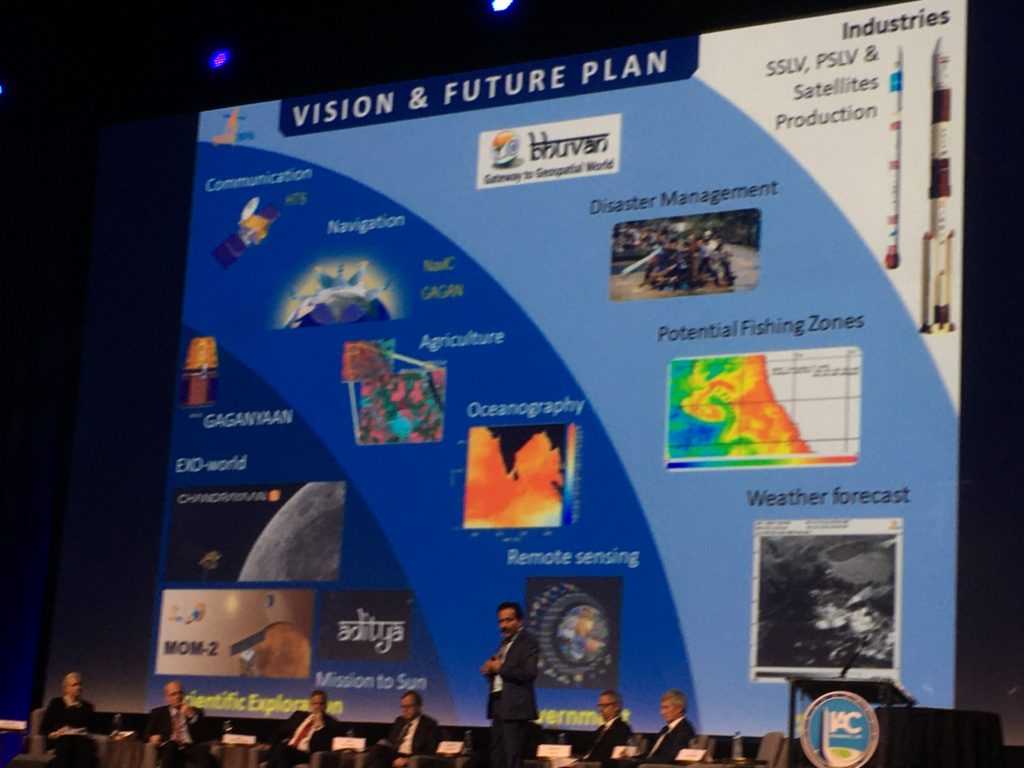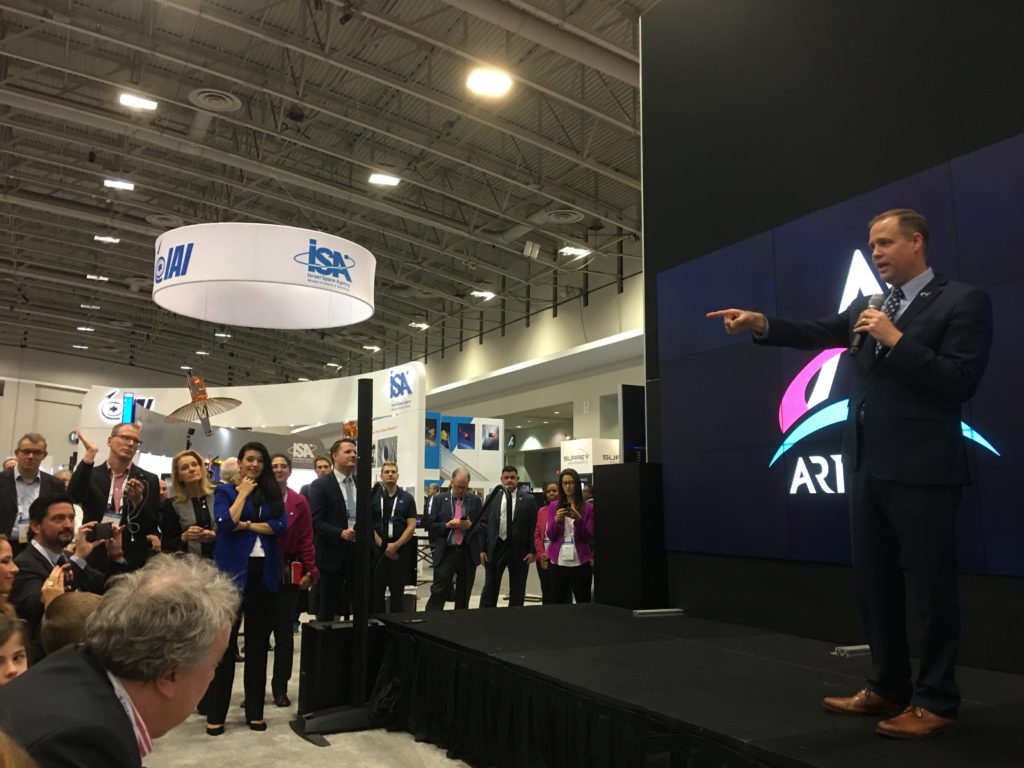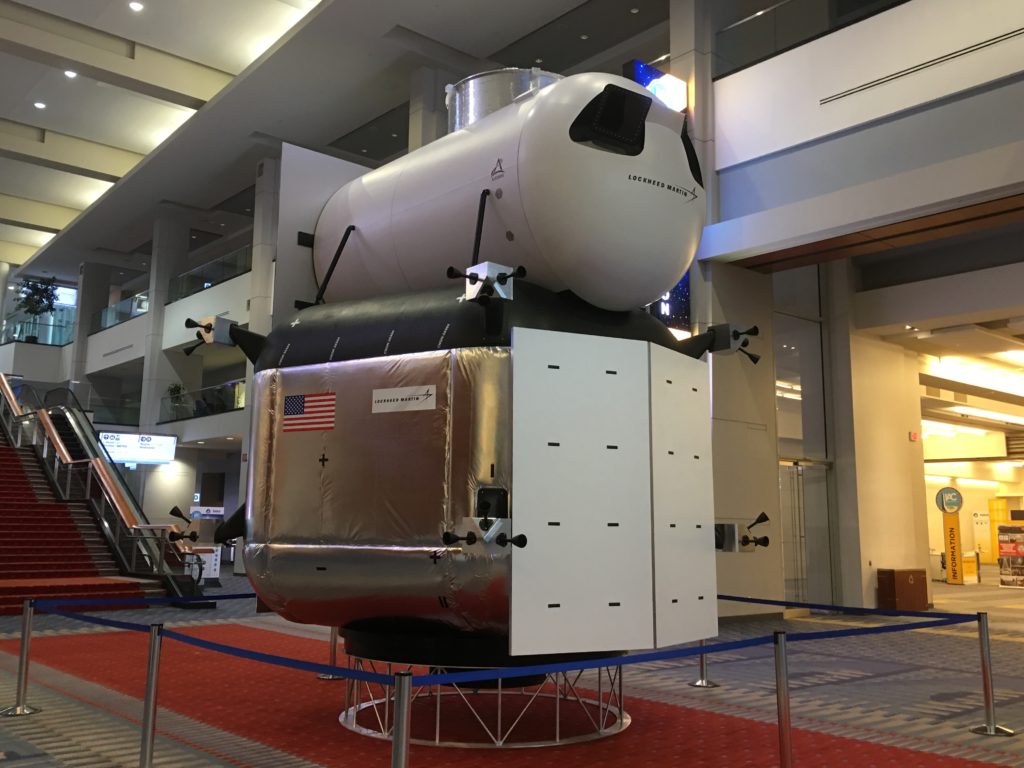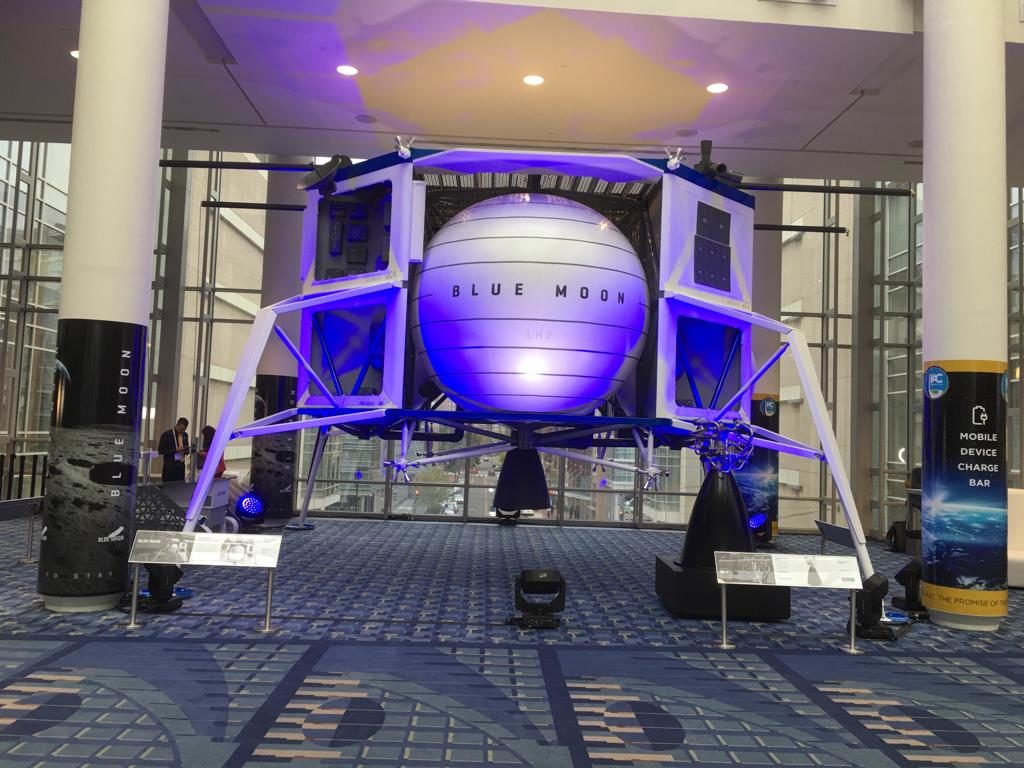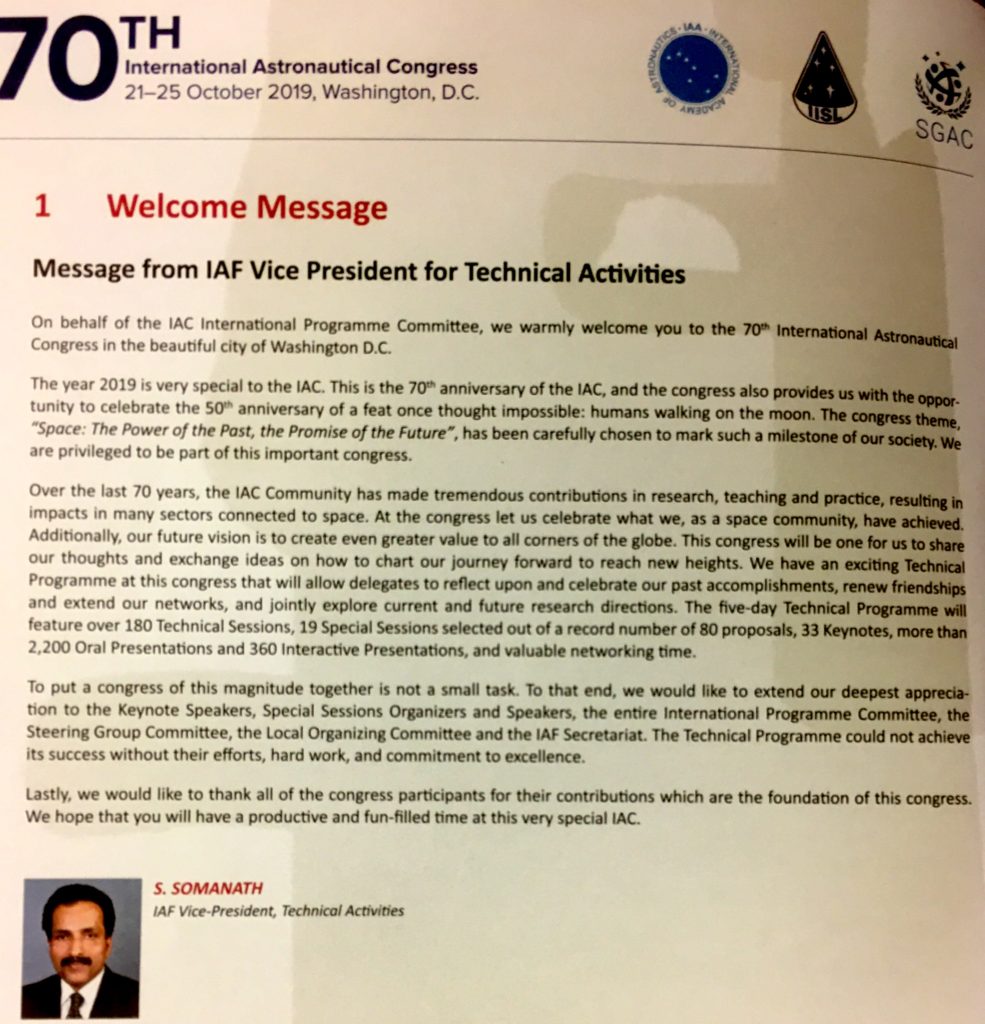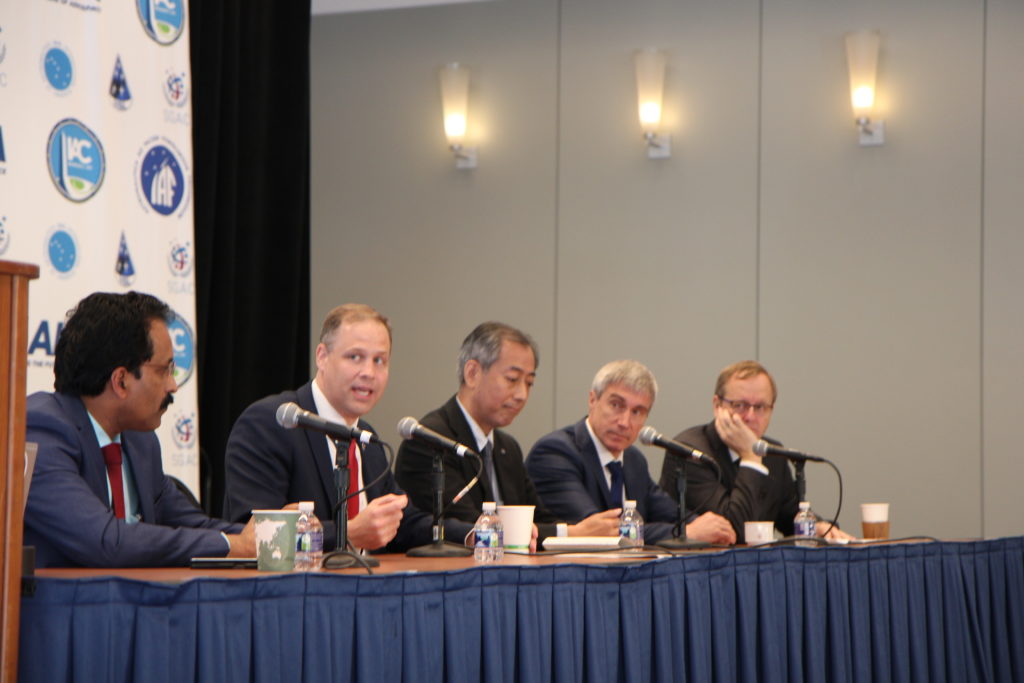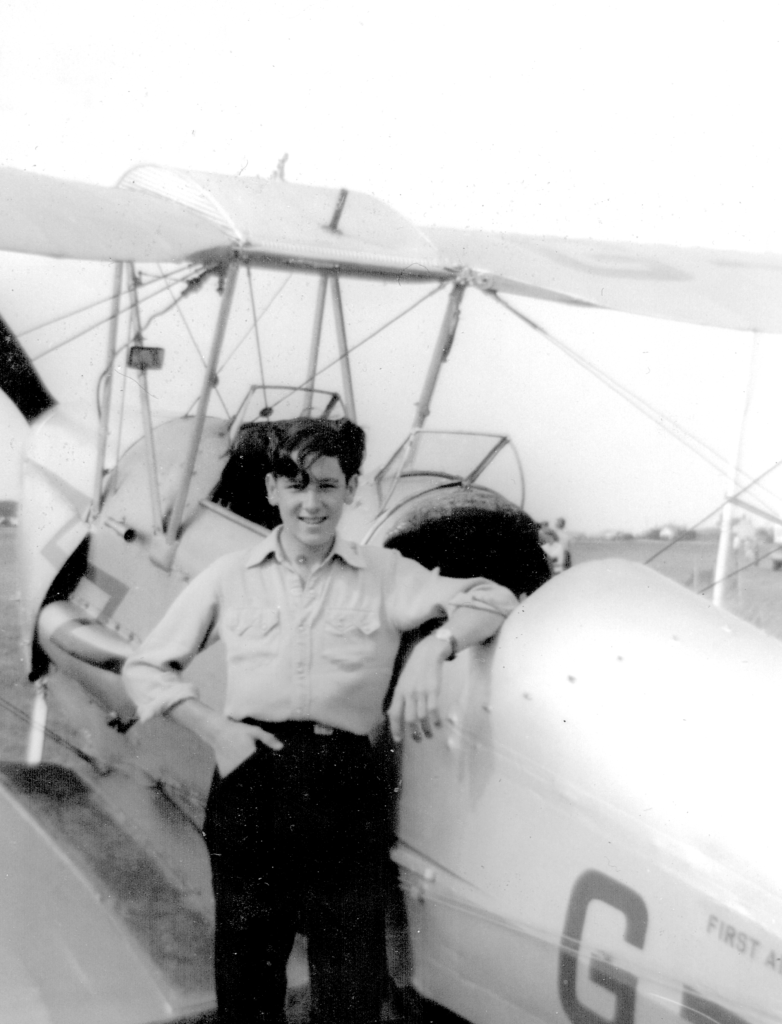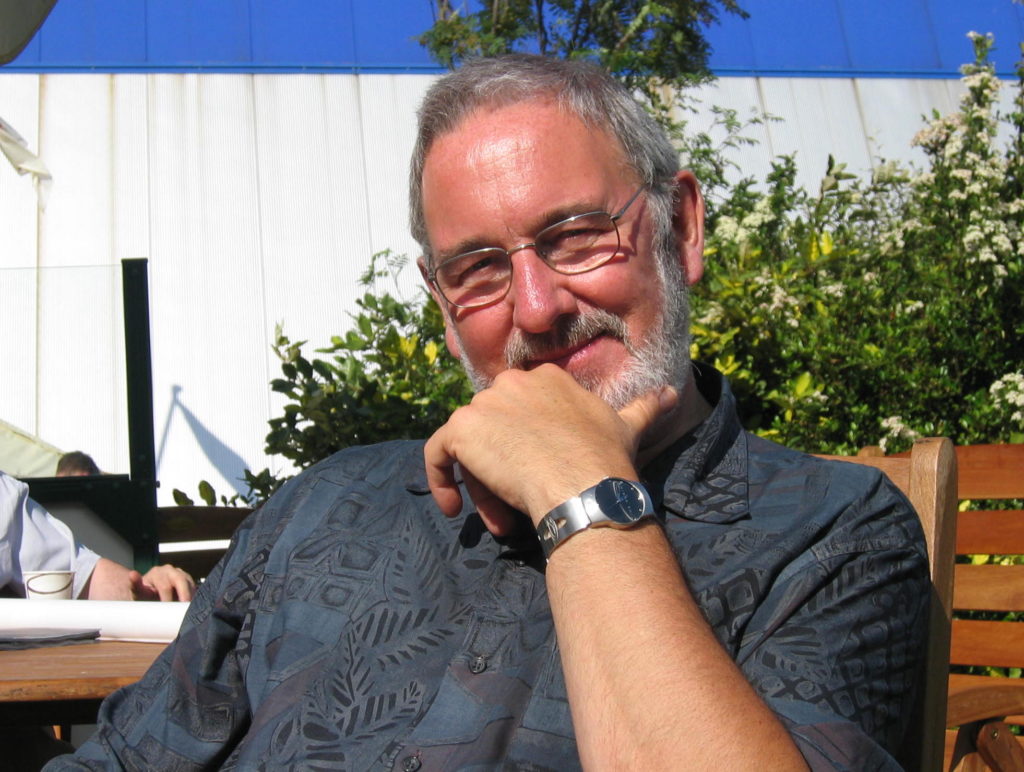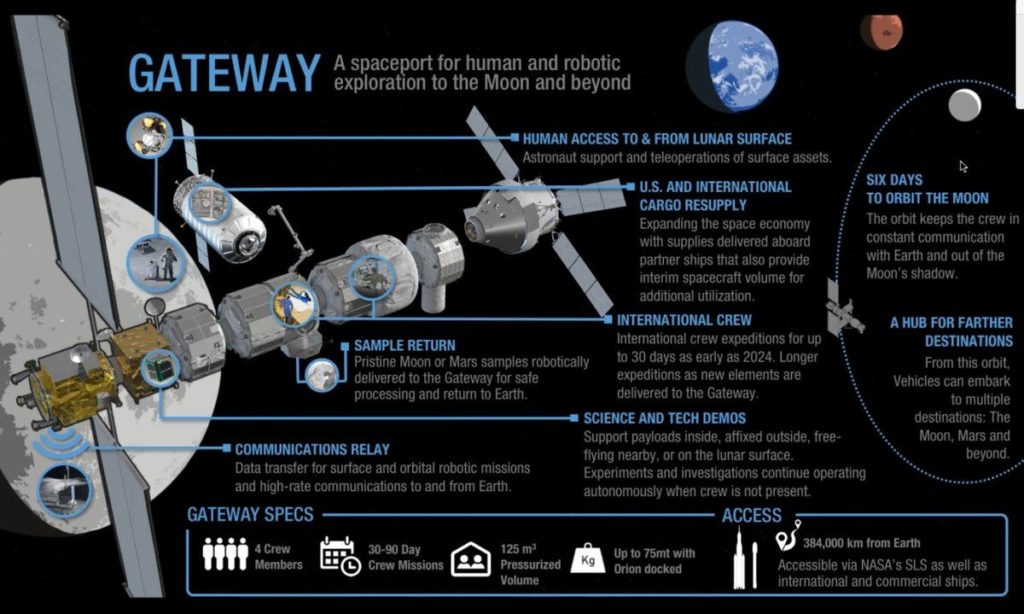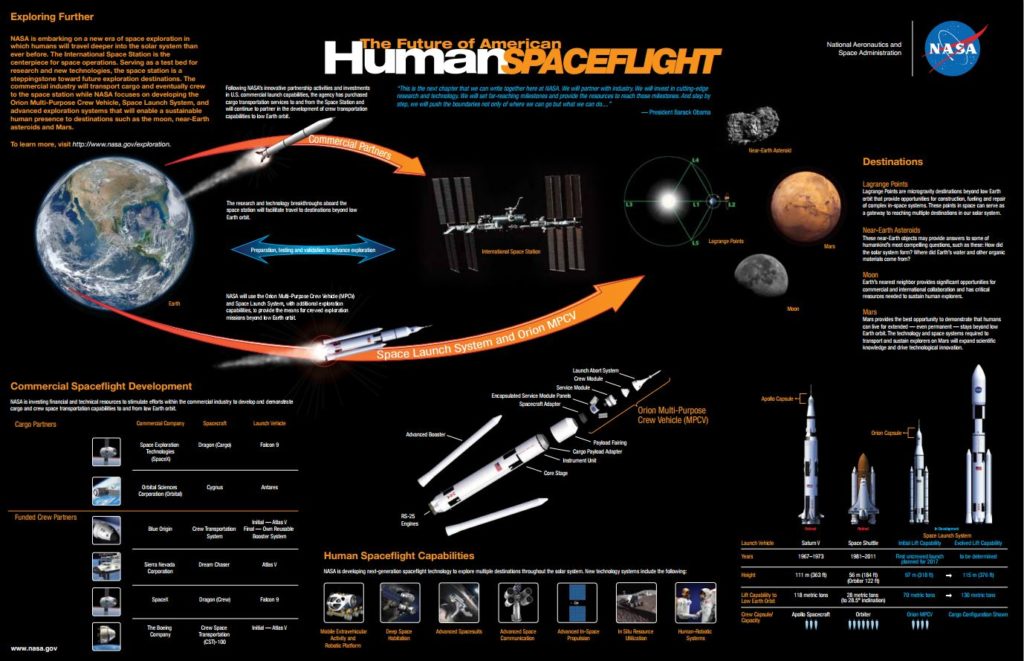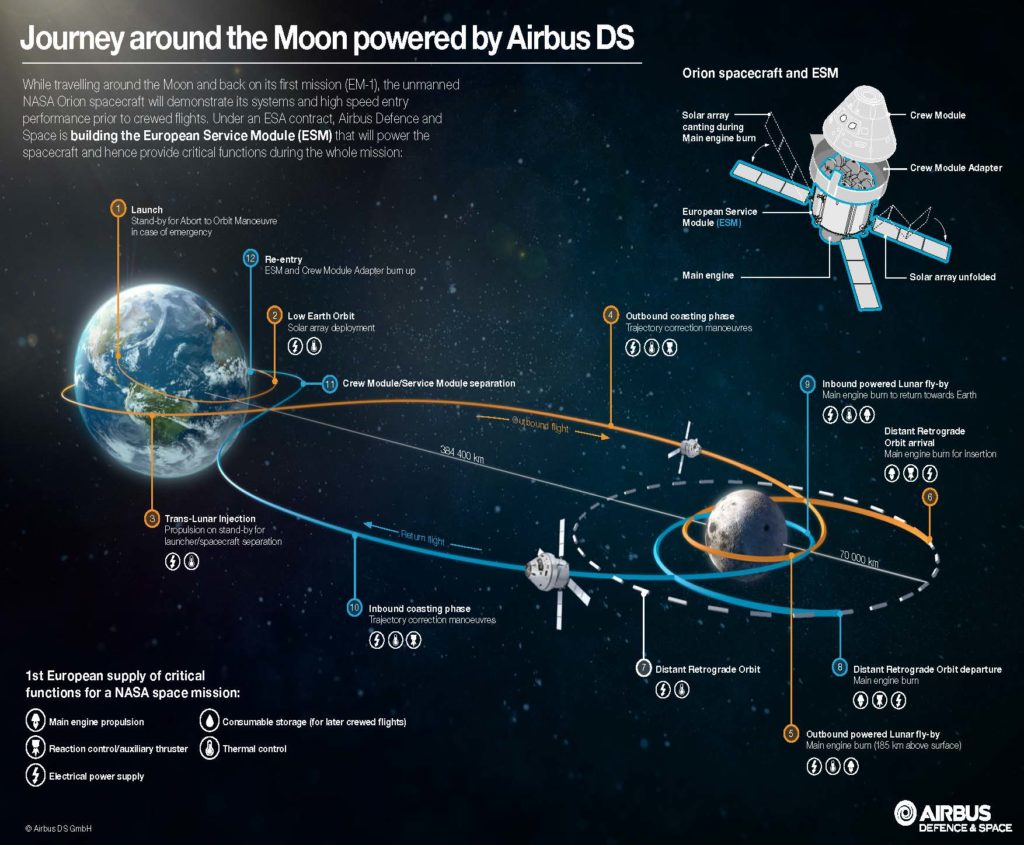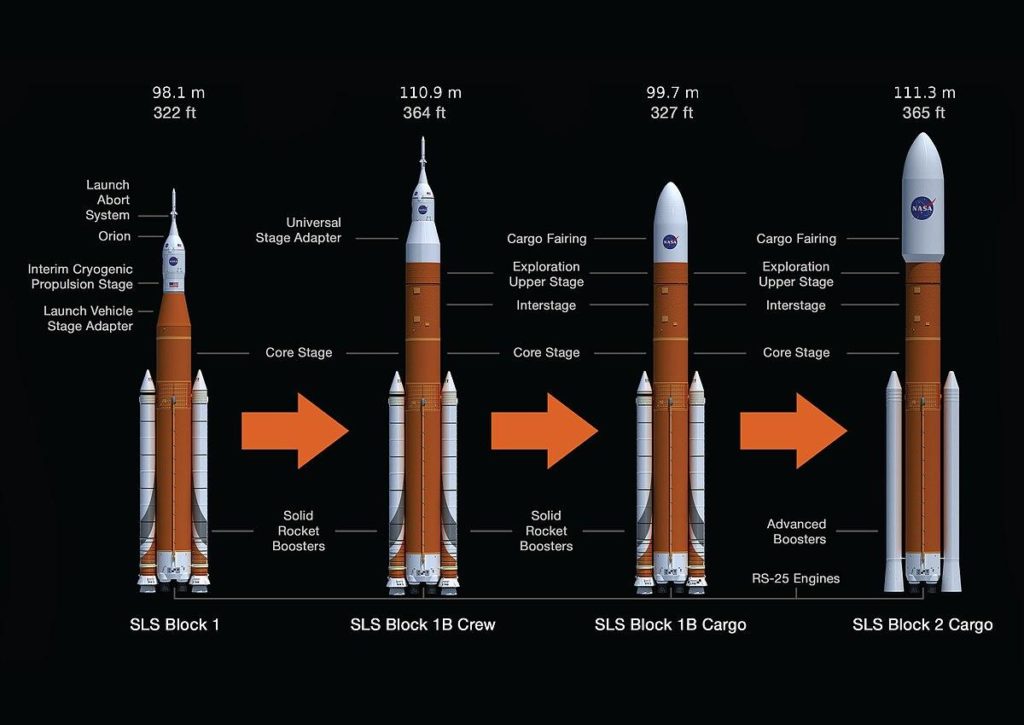This year’s IAC conference attracted nearly 7000 visitors, exceeding the 6500 in Bremen last years. Two record-breaking years for the IAC in consecutive years. Many astronauts (including Mae Jamison, Charles Bolden, Sergei Krikalev, Oleg Kotov, Sandy Magnus, Jean-François Clervoy, André Kuipers, Buzz Aldrin) were present to commemorate the 50th anniversary of Apollo.
A couple of the themes that caught my eye included
- Space Situational Awareness (SSA) – The precision (and thus the ability to detect potential collisions) of what is up there and where it exactly is, remains a concern. This will be exasperated with more space assets from emerging nations and the private sector in the coming decade. The mega-constellations will significantly add to the congestion.
- Satelite Service and refuelling – Lots of new players are developing the early stages of solutions that will prolong the operational lifetime of the spacecraft by providing servicing and refuelling. The use of additive manufacture (3-D printing), automation based on Machine learning and neural networks are already being developed on earth and demonstrated in space.
A bit about the International Astronautical Congress. It was established in 1950 and its governing body, the International Astronautical Federation, in 1951. An annual international congress is held in a different country each year in October. Last year, IAC was held in Germany, next year it will be in Dubai, Paris in 2021 and Baku in Azerbaijan was announced as the host city for 2022. India, Brazil and Singapore had put in a submission for 2022.
The current IAF president Jean-Yves Le Gall has come to the end of his term and is handing over to Pascale Ehrenfreund. The IAF has several vice presidents including ISRO’s S. Somanath since 2018. His welcome address for 2019 is below.
China and Russia had a minimal representation at IAC2019. The programme and the exhibition list entities from China but were absent. It appears that the Chinese delegations were denied US visa at very short notice.
